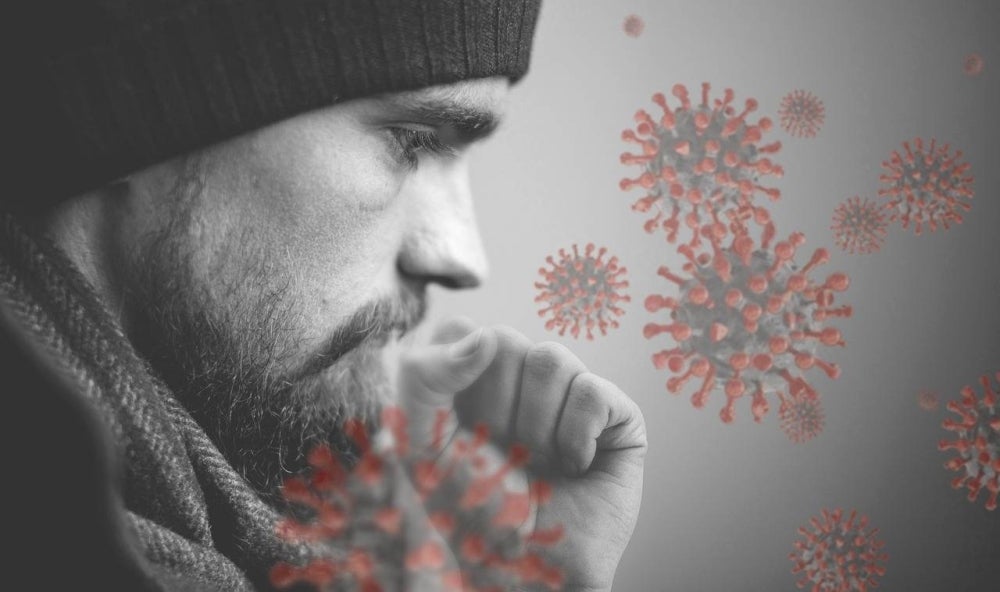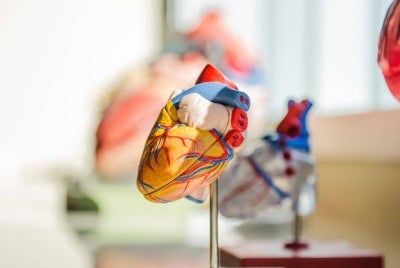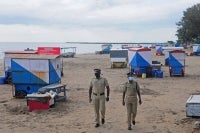Whooping cough is spreading in Rompin, learn about the condition and how to prevent it
Nurul Shahamah
The public was shocked when the Pertussis disease, also known as whooping cough, was reported to have occurred yesterday in Rompin, Pahang.
In a statement issued yesterday, Rompin District Health Office director Datuk Dr Nor Azimi Yunus, said the district Health Office discovered the case, which involved a woman and her two children.
She went on to say that all patients have been given treatment and are in stable condition.
To explain what Pertussis is, we refer to MyHealth.
The condition is caused by an acute Bordetella pertussis infection in the respiratory tract.
The virus spreads through the air from the infected person's breathing, normally has an incubation period of nine to 10 days, with a range of six to 20 days.
"Pertussis can infect people of any age. However, infants are the most vulnerable to infection," MyHealth stated.
Meanwhile, Mayo Clinic said a person infected with Pertussis takes about seven to 10 days to show the symptoms.
Sometimes the length is prolonged and the symptoms are moderate, similar to a regular cold.
“Patients will also experience severe symptoms after one or two weeks,” Mayo Clinic explained.
coupThe symptoms of Pertussis or whooping cough is a runny and clogged nose and red and watery eyes, coupled with a fever.
The concentrated mucus builds up in the respiratory tract, resulting in an uncontrollable cough.
Severe and sustained coughing fits may cause the following symptoms, vomiting, the face turning red or blue, extreme fatigue and coughing that has a 'whooping' sound.
“Persistent cough is a sign that a teenager or adult has the whooping cough.
“Babies may not cough at all but they may have difficulty breathing," according to Mayo clinic
Meanwhile, the Cleveland Clinic said that Pertussis disease should be treated as soon as possible following diagnosis.
Antibiotics will be provided to patients to assist in preventing the spread of the disease.
However, antibiotics cannot prevent or treat the cough.
According to Cleveland Clinic, whooping cough can lead to life-threatening complications such as pneumonia or respiratory issues.
Taking the vaccine for whooping cough, is the way to prevent from getting infected.
“All children are advised to obtain the diphtheria-tetanus-pertussis vaccine (DTaP).
“The combined vaccine for diphtheria and tetanus virus is safe and effective,” Cleveland Clinic stated.
According to Doctor on Call, Malaysian children should take a six-collar vaccine to prevent infectious diseases.
It consists of a combination of Difteria, Tetanus, Pertussis, Polio, Hepatitis B & Haemophilus Influenza Type B vaccines.
The recommended National Immunisation Program schedule is as follows: First dose: 2 months old Second dose: 3 months old Third dose: 5 months old Fourth dose: 18 months old.
Besides that, pregnant women are also recommended to take the whooping cough vaccine.
“Given that most cases of pertussis involve infants under the age of 3 months who have not received the vaccine, the disease control and prevention center recommends the vaccine to be given to women for each pregnancy,” Doctor on Call stated.
Because babies lack antibodies that protect them from coughing, prevention is beneficial.
Pregnant women who receive the vaccine can generate and transfer the antibody to their unborn child via the umbilical cord.
These measures can protect both pregnant mothers and infants.
Meanwhile, Hello Doctor says prevention through lifestyle can also help with Pertussis.
Among the steps that can be taken to deal with whooping cough are as follows: Drink a lots of water, eating little amounts of food can help prevent vomiting after coughing.
Keep your mouth shut when coughing and always wash your hands to prevent infection from spreading.
SinarPlus would also like to encourage everyone to take the necessary precautions.
Together we practice the ethics of washing hands with soap and shutting our mouth when coughing or sneezing.
Download Sinar Daily application.Click Here!














